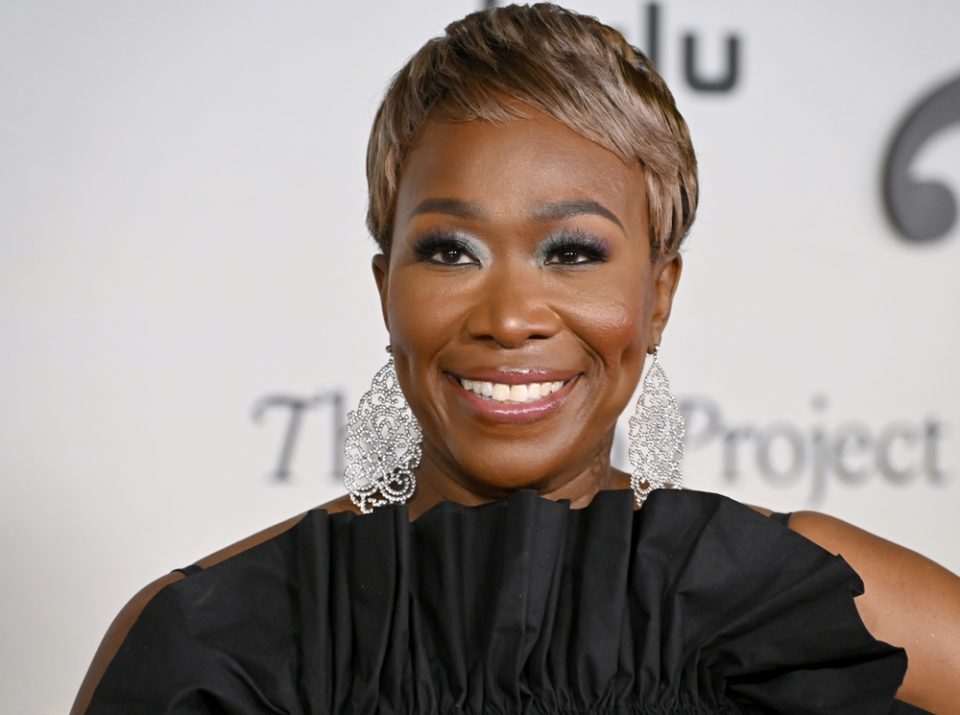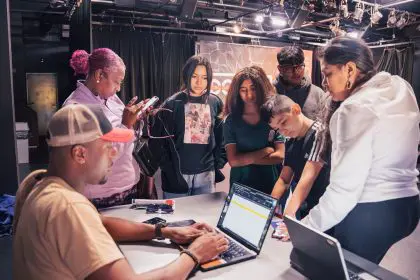
In a powerful moment of reflection and recalibration, MSNBC host Joy Reid shared sentiments that reverberated across the nation. Following Donald Trump’s electoral victory over Vice President Kamala Harris in the 2024 presidential election, Reid declared that Black women are stepping away from their historic role of “saving America.” Instead, they are choosing to focus inward, uplifting Black communities and addressing systemic inequities directly.
This shift in focus is not just a change in priorities—it’s a declaration of self-worth and an insistence on addressing decades of political underappreciation.
A bold call for self-prioritization
Reid made waves on TikTok with her frank advice for white progressive women organizing anti-Trump protests. Her message was unapologetically direct: “I’m just gonna tell you right now: They’re not coming.” She emphasized that Black women have realigned their efforts, prioritizing initiatives that directly benefit Black communities, businesses, and families.
“We’ve done enough,” Reid essentially communicated, pointing out the decades of political activism that Black women have contributed without sufficient recognition or reciprocation.
The data speaks volumes
Black women’s consistent and overwhelming support for progressive candidates is well-documented. According to the Associated Press, Black women accounted for 6% of voters in the 2024 presidential election, with a staggering 89% casting their vote for Kamala Harris. By contrast, 10% of Black women supported Trump—a statistic that underscores their critical role in shaping elections.
White women, who comprised 40% of voters, leaned in a different direction, with 53% supporting Trump. This mirrors voting trends from 2016 and 2020, raising questions about the intersections of race, gender, and political allegiance.
A history of being the backbone
Historically, Black women have been at the forefront of social and political movements. From organizing during the civil rights era to spearheading voter turnout efforts, their contributions are unmatched. The 2017 Women’s March exemplified this dynamic, as Black women participated in large numbers despite feeling sidelined by the event’s predominantly white leadership.
This ongoing pattern of marginalization has left many Black women questioning their roles in broader coalitions that fail to center their voices and experiences.
Trump’s rhetoric and its impact
Trump’s campaign in 2024 further alienated many Black voters with racially charged rhetoric. He questioned Kamala Harris’s racial identity and disparaged Black migrants in inflammatory ways. These statements were not only divisive but underscored the ongoing challenges marginalized communities face in achieving political equity.
For Black women, Trump’s victory represented more than a political loss—it was a painful reminder of a system that often undervalues their efforts.
From the polls to community priorities
Despite this, Black women have shown resilience in their support for leaders who represent their interests. The historic potential of Kamala Harris becoming the first Black and South Asian woman president inspired movements like Win With Black Women, which aimed to mobilize support around her campaign.
Reid’s message reflects a broader cultural shift: Black women are now turning their energies inward. Rather than pouring resources into saving a nation that doesn’t always reciprocate their support, they are investing in their communities.
A roadmap for the future
Reid’s commentary serves as both a critique and a call to action. For allies, it’s a reminder to actively support and uplift Black women rather than relying on them to lead every fight. For Black women, it’s an affirmation that prioritizing self-care and community building is not only valid but necessary.
As this narrative unfolds, it’s clear that the political and cultural influence of Black women remains as powerful as ever. By stepping back from the spotlight of “saving America,” they are reclaiming their time, energy, and resources to shape a more equitable future on their terms.
Joy Reid’s powerful message captures a moment of transformation for Black women in politics and activism. It’s a shift from external expectations to internal empowerment. By focusing on their communities, Black women are setting the stage for lasting change—both for themselves and the generations to come.












